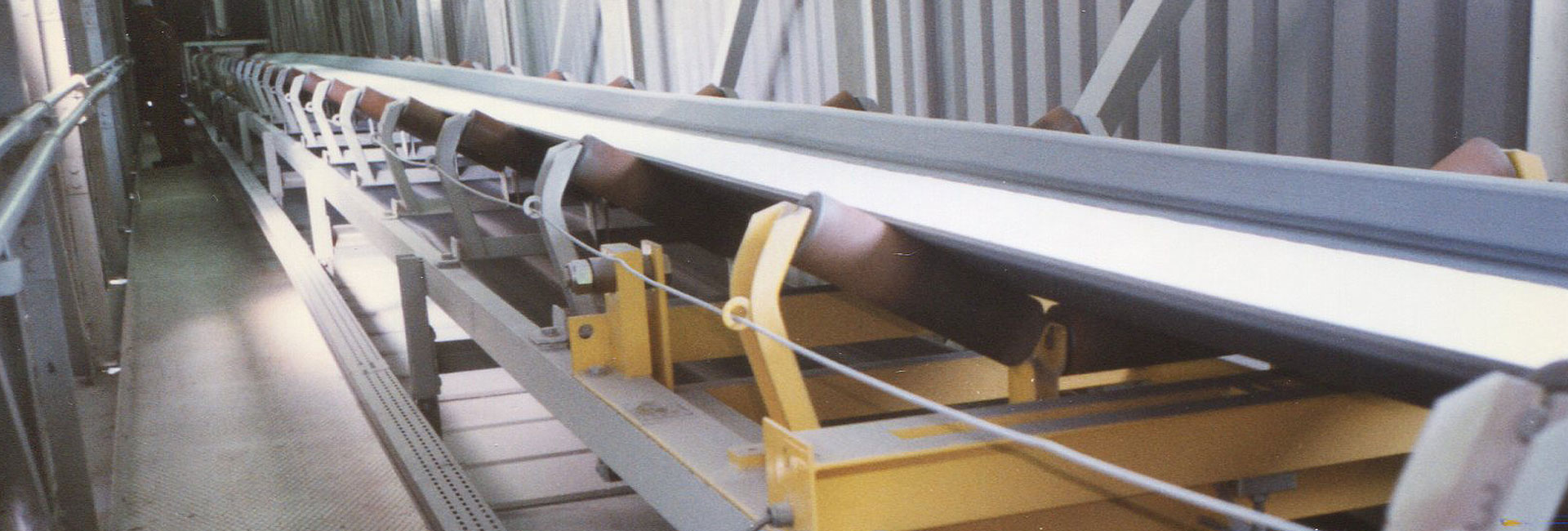In any industrial or manufacturing setting, the efficiency of material handling processes can significantly impact overall productivity and profitability. One essential component of these processes is the conveyor roller system. These systems are pivotal in the seamless movement of goods within facilities, from assembly lines to warehouses. However, selecting the right conveyor roller system for your business requires careful consideration of various factors to ensure optimal performance and efficiency.
Understanding Conveyor Roller Systems:
Before delving into the selection process, it's crucial to grasp the basics of conveyor roller systems. These systems typically consist of rollers mounted on a frame, which facilitates the movement of items along a predetermined path. Conveyor rollers come in various materials, including steel, plastic, and rubber, each offering distinct advantages depending on the application.
Factors to Consider
1. Application Requirements:
Begin by assessing your specific application needs. Consider factors such as the type and size of materials being transported, the speed and volume of production, as well as any environmental conditions (e.g., temperature, moisture) that may impact the system's performance.
2. Load Capacity:
Determine the maximum load capacity the conveyor roller system will need to support. This includes both the weight of individual items being conveyed and any additional forces exerted during the handling process. Ensure that the chosen system can accommodate your anticipated load requirements without compromising efficiency or safety.
3. Durability and Maintenance:
Opt for conveyor rollers that are durable and require minimal maintenance. Steel rollers are renowned for their strength and longevity, making them suitable for heavy-duty applications. Additionally, consider factors such as ease of cleaning and lubrication, as these can impact the overall lifespan and performance of the system.
4. Noise Levels
In environments where noise is a concern, such as warehouses located near residential areas or within office buildings, choose conveyor roller systems that operate quietly. Rubber-coated or polyurethane rollers are often preferred for their noise-dampening properties, helping to create a more conducive work environment.
5. Speed and Precision
Evaluate the required speed and precision of material handling operations. High-speed production lines may necessitate conveyor roller systems capable of rapid acceleration and deceleration, while precision engineering may be crucial for delicate or fragile items to prevent damage during transport.
6. Customization Options :
Look for conveyor roller systems that offer customization options to tailor the system to your specific needs. This may include adjustable roller spacing, variable speed controls, or the ability to integrate with other automated systems seamlessly. Customization ensures that the conveyor system can evolve with your business requirements over time.
7. Cost and Return on Investment (ROI)
While upfront costs are an important consideration, it's essential to evaluate the long-term return on investment (ROI) of the chosen conveyor roller system. Consider factors such as energy efficiency, reduced maintenance requirements, and potential productivity gains when assessing the overall cost-effectiveness of different options.
Conclusion
Selecting the right conveyor roller system for your business is a critical decision that can significantly impact operational efficiency and productivity. By carefully considering factors such as application requirements, load capacity, durability, noise levels, speed and precision, customization options, and cost-effectiveness, you can make an informed choice that meets your business needs both now and in the future.
Investing in a high-quality conveyor roller system not only enhances material handling processes but also contributes to a safer and more efficient working environment. With the right system in place, your business can streamline operations, reduce downtime, and ultimately, achieve greater success in today's competitive marketplace.


